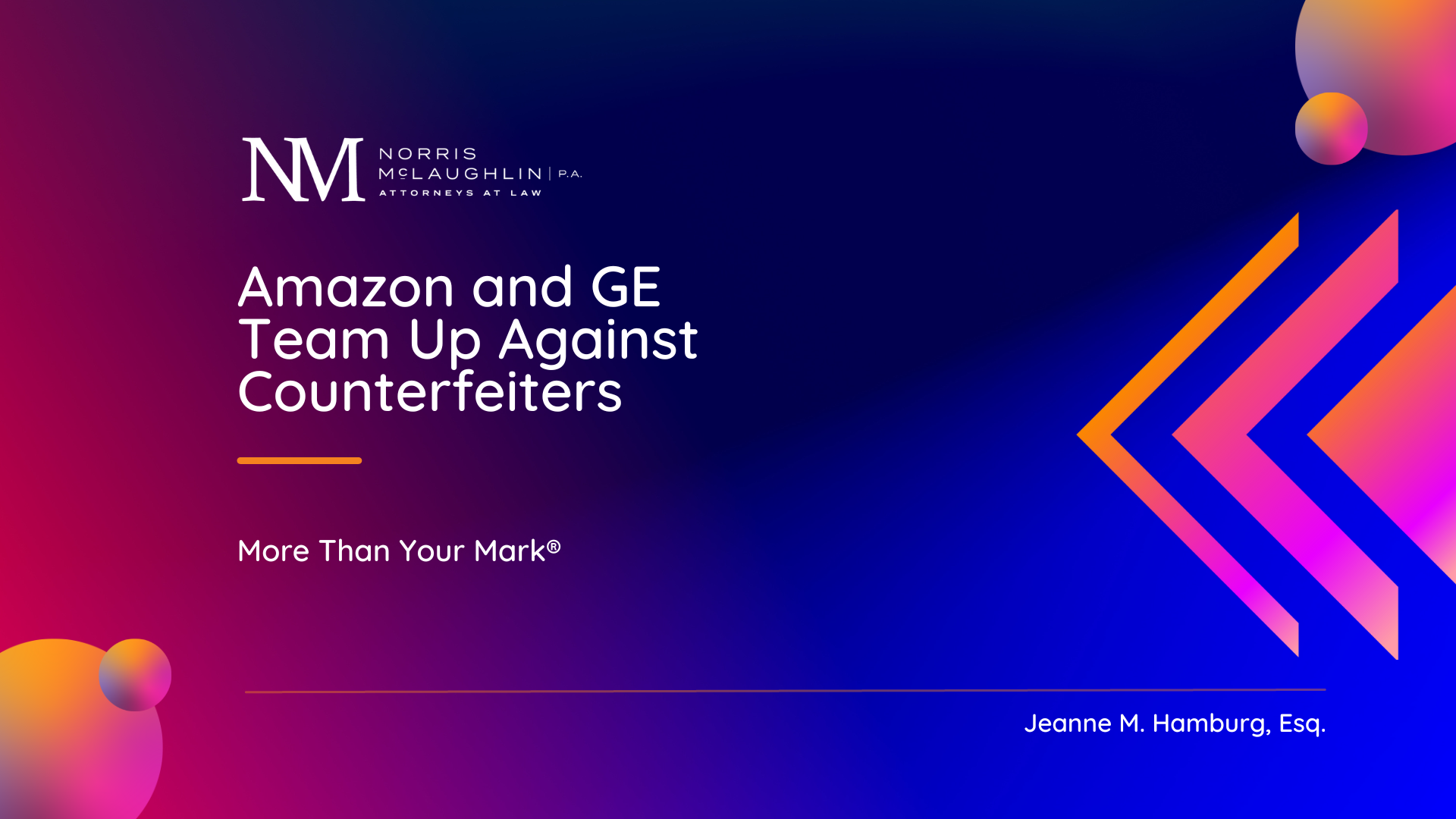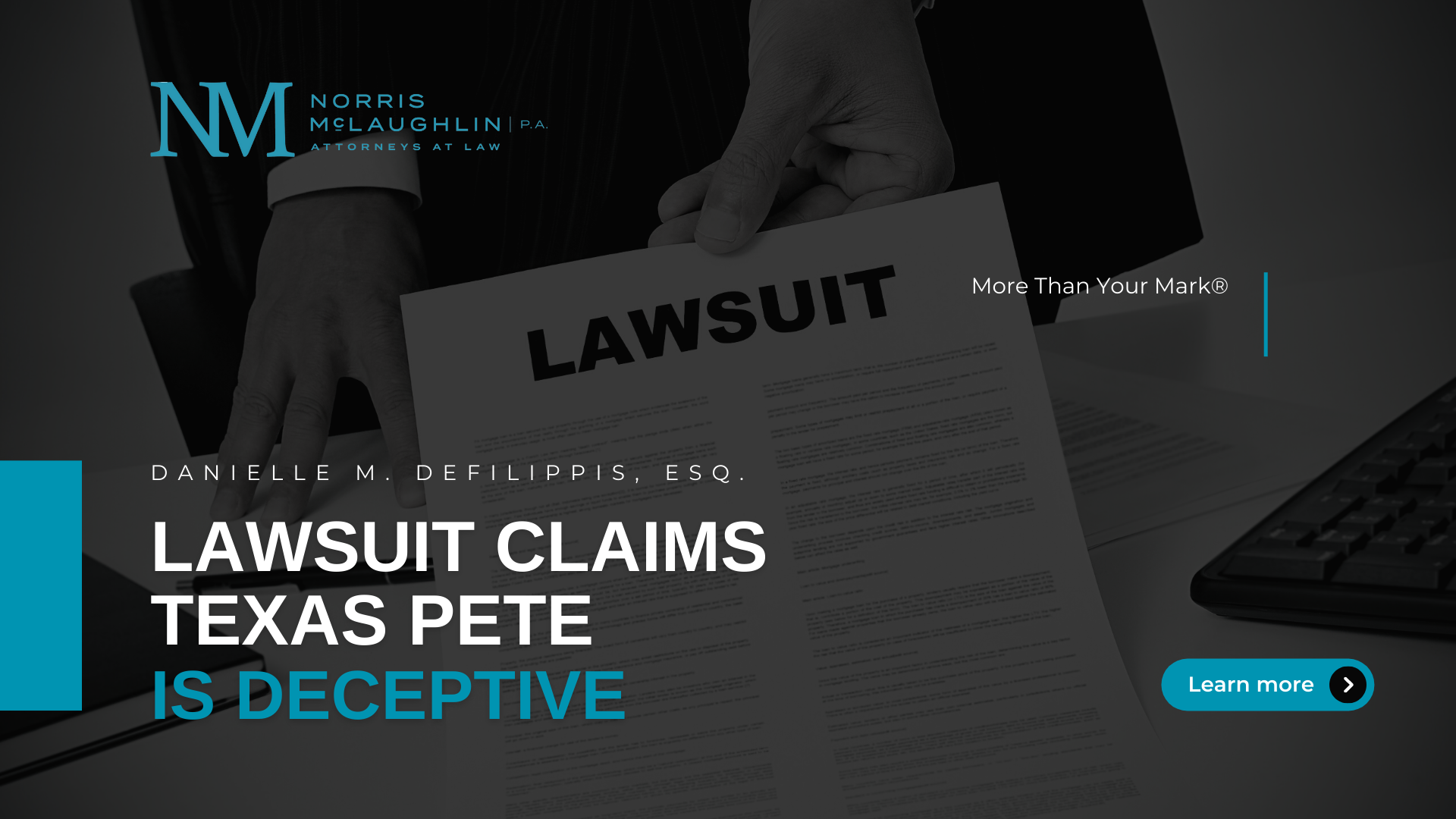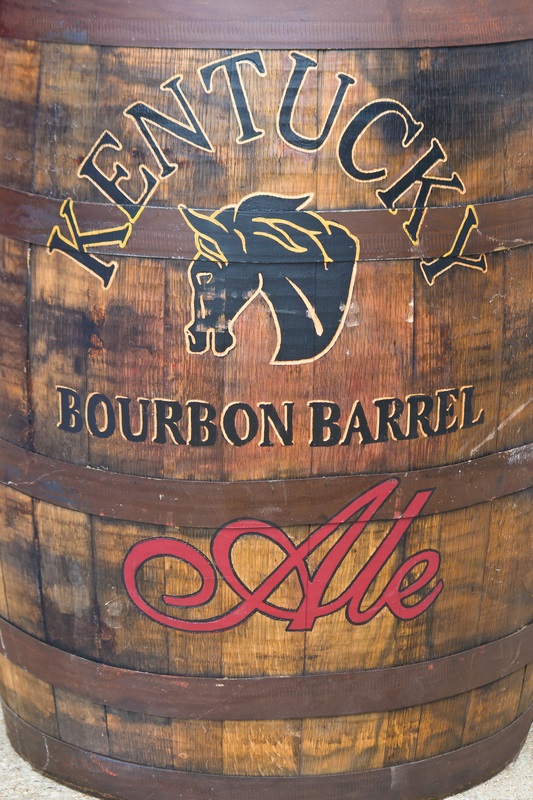Amazon and GE Team Up Against Counterfeiters

Like many online marketplaces, Amazon is challenged by the prevalence of counterfeit and so-called “grey market goods” (products that are genuine but not intended for sale in the U.S.). Amazon recently joined with General Electric to combat the plethora of counterfeit GE water filters. The Complaint was filed in federal court in Seattle, the location of Amazon’s headquarters, and bases personal jurisdiction on the Amazon retailers’ shipment of products to Washington (as well as the rest of the country), and their agreement to the Amazon Services Business Agreement, which provides for venue and jurisdiction in Washington in infringement cases.
Amazon’s involvement as a plaintiff makes the case noteworthy; typically, Amazon relies upon a trademark owner to enforce its rights. This is why Amazon has developed a Brand Registry, Project Zero (which allows brand owners to directly remove counterfeits from Amazon), and other tools for trademark owners to enforce rights on its e-commerce platform. Here, the same law firm is representing both GE and Amazon. Also unusual is the number of online sellers against whom the suit was filed—16 in total. The Complaint also identifies “John Does 1-10” as defendants whose identities are unknown, and describes them as “individuals and entities working in active concert with each other and the named Defendants to knowingly and willfully, manufacture, import, advertise, market, offer, and sell counterfeit GE-branded products.”
Also notable is the Complaint’s mention of Amazon’s 2018 launch of “Transparency,” a program described as a “product serialization service” whose aim is to “eliminate counterfeits for enrolled products.” Transparency enables brands to apply a 2D code to their products so Amazon, authorized retailers, law enforcement, and customers can determine the authenticity of enrolled products. A total of 23,000 brands use Transparency as of 2021, according to the Complaint.
The Complaint alleges four claims: trademark infringement, false advertising, unfair competition under the Lanham Act (the federal trademark law), and violation of the Washington Consumer Protection Act. Although the Business Services Agreement was breached, a breach of contract claim is not included on behalf of Amazon or of GE, which was presumably a third-party beneficiary of the contract.
We will closely follow this case and report back here. If you have any questions about trademark and copyright enforcement on Amazon, please feel free to contact me at jhamburg@norris-law.com




